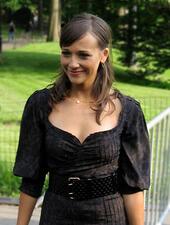Philanthropy and Volunteerism
Sylvia Hassenfeld
![Hauser, Rita - still image [media] Hauser, Rita - still image [media]](/sites/default/files/styles/gallery_item/public/mediaobjects/Hauser-Rita.jpg?itok=5eVnMOLV)
Rita Eleanor Hauser
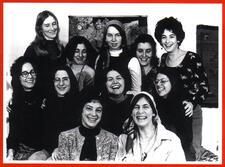
Nancy Miriam Hawley
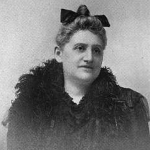
Lina Frank Hecht
Florence Heller
An important benefactress of Brandeis University, Florence Grunsfeld Heller made her mark as one of the first women to run a general Jewish organization, the Jewish Welfare Board. She also founded the Florence Heller Graduate School for Advanced Studies in Social Welfare at Brandeis in 1959.
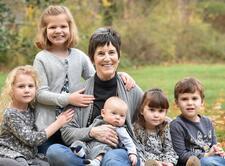
Lee M. Hendler
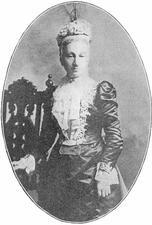
Esther Herrman
Esther Mendels Herrman’s generosity and activism helped create many vital Jewish and secular institutions, from Barnard College (where she is considered a “founder”) to the 92nd Street Y

Susan Hess

Anne Heyman
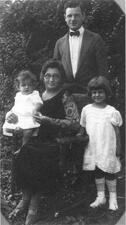
Bessie Abramowitz Hillman
Dorothea Hirschfeld
Too old, not properly educated, a member of the Social-Democrat Party, and a Jewish woman, Dorothea Hirschfeld nevertheless succeeded in entering the civil service at the age of forty-three. She directed the Berlin Center for Social Work and Care of the Poor in Berlin from 1924 to 1929, and despite being pushed out of work by the Nazis, survived deportation and remained in Germany until her death in 1966.
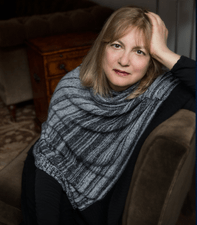
Alice Hoffman
Holocaust Survivors: Rescue and Resettlement in the United States
Fanny E. Holtzmann
Fanny E. Holtzmann made waves as a lawyer for stars of Broadway and Hollywood as well as luminaries of world politics such as the Romanoffs.

Sarah Hughes
International Council of Jewish Women
The International Council of Jewish Women (ICJW) is a Jewish women's organization established at the beginning of the twentieth century, which evolved with the needs and events over time. As a women’s NGO, ICJW participates in a variety of projects promoting women’s rights and human rights, motivated by its roots in Judaism.
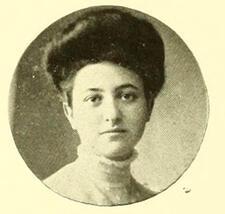
Edith Somborn Isaacs
Edith Somborn Isaacs made an impact on New York City both through her own volunteerism and by successfully running her husband’s campaigns for public office.
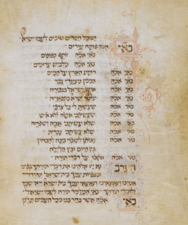
Early Modern Italy
A study of the role of Jewish women in household formation, the household, and household dissolution, as well as their engagement in Jewish culture in early modern Italy, raises the question of how much of Jewish practice reflected the context of the surrounding society and how much engaged options in traditional Jewish practices, which were selected to meet their own needs. Despite the wealth of information about some well- known women and reports of the activities of many unnamed women, Jewish women, like Christian women, still functioned in the context of women and the period does not represent a Renaissance for women.
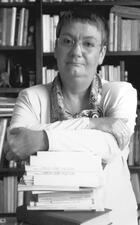
Modern Italy
Jewish women were crucial both to changes in post-emancipation Italian Jewish life and to the overall condition of women in modern Italy. This article reflects on the changes in the role of Jewish women in modern Italy within the Jewish press and institutions, their activism in shaping a secular civil society, and their experiences through the Fascist regime, the trauma of the 1938 Racial laws, emigration, resistance, deportation, survival, and reconstruction.
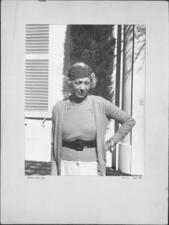
Blanche Frank Ittleson
Blanche Frank Ittleson’s pioneering work in treating and teaching intellectually disabled and emotionally disturbed children opened new possibilities for struggling children and their families.
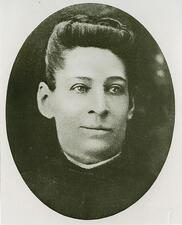
Frances Wisebart Jacobs
Francis Wisebart Jacobs helped transform the fledgling state of Colorado through her organization of charities and hospitals.
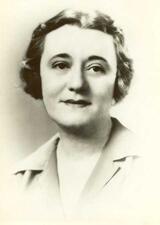
Laura Margolis Jarblum
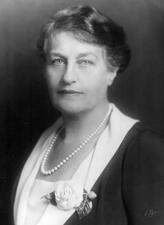
Jewish Museums in the United States
American Jewish women have played an outsized role in the foundation of Jewish museums all over the country. Barred from traditional spaces of power in the early twentieth century, many women—adjacent to power as Rebbetzins, philanthropists, and secretaries of libraries and other Jewish organizations—leveraged their connections to found new kinds of cultural institutions: museums.
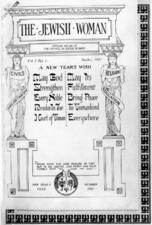
The Jewish Woman
